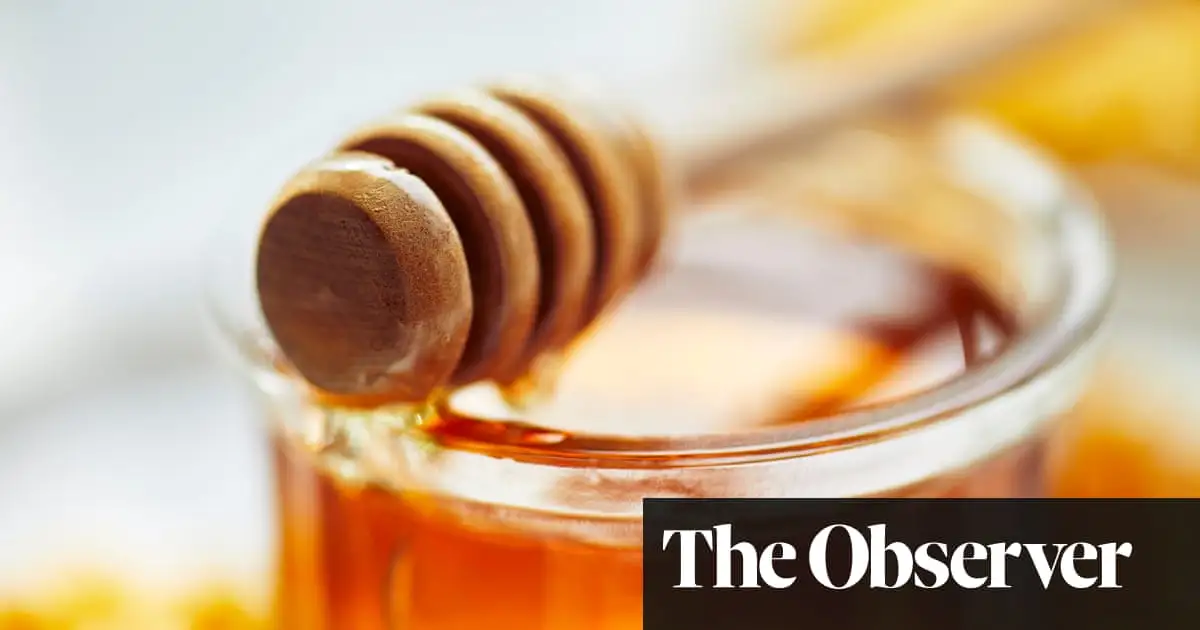Bless the free market, making everything better!
Lynne Ingram, a Somerset beekeeper and the chair of the Honey Authenticity Network UK, said: “The market is being flooded by cheap, imported adulterated honey and it is undermining the business of genuine honey producers. The public are being misinformed, because they are buying what they think is genuine honey.”
The UK is one of the biggest importers of cheap Chinese honey, which is known to be targeted by fraudsters. Honey importers say supply chains and provenance are carefully audited, but there has been no consensus on how technical tests should be applied, or which are most reliable.
A fun bit of perspective that I like to mention in discussions about this. Roll back a bit over a century:
Scientific American, November 2, 1907
Artificial Honey
Prof. Herzfeld, of Germany, recently brought out some interesting points regarding the manufacture of artificial honey in Europe. It is noticed that when we bring about the inversion of refined sugar in an almost complete manner and under well determined conditions, this sugar solidifies in the same way as natural honey after standing for a long time, and it can be easily redissolved by heating. Owing to the increased production of artificial honey, the bee cultivators have been agitating the question so as to protect themselves, and it is proposed to secure legislation to this effect, one point being to oblige the manufacturers to add some kind of product which will indicate the artificial product. On the other hand, it is found that the addition of inverted sugar to natural honey tends to improve its quality and especially to render it more easiIy digested. Seeing that sugar is about the only alimentary matter which is produced in an absolutely pure state, its addition to honey cannot be strictly considered as an adulteration. Bees often take products from flowers which have a bad taste; and the chemist Keller found that honey coming from the chestnut tree sometimes has a disagreeable flavor. From wheat flowers we find a honey which has a taste resembling bitter almonds, and honey from asparagus flowers is most unpalatable. Honey taken from the colza plant is of an oily nature, and that taken from onions has the taste of the latter. In such cases, the honey is much improved by the addition of inverted sugar. Prof. Herzfeld gives a practical method for preparing this form of sugar. We take 1 kilogramme (2.2 pounds) of high-quality refined sugar in a clean enamelware vessel, and add 300 cubic centimeters (10 fluid ounces) of water and 1.1 grammes (17 grains) tartaric acid. This is heated at 110 deg. C. over an open fire, stirring all the while, and is kept at this heat until the liquid takes on a fine golden yellow color, such operation lasting for about three quarters of an hour. By this very simpIe process we can easily produce artificial honey. Numerous extracts are now on the market for giving the aroma of honey, but none of them will replace the natural honey. However, if we take the artificial product made as above and add to it a natural honey having a strong aroma, such as that which is produced from heath, we can obtain an excellent semi-honey.
This is why I source my honey from local bees. It’s tough to crack open each bee but genuine honey is worth it!
You can toast the bee shells in the oven.
What is an authenticity test? Illegally spiked honey?
Edit: Illegally spiked honey.
So it’s basically sugar syrup.
Maple flavored syrup
Not seen this come up in a while, apparently olive oil is full of fakes too.
I mean, it makes sense. A lot of these retailers have their operations based in places that should be legitimately terrible for producing their specific products. Faking it is all they have.
This happens everywhere, not just the UK. Buy local honey.
Or no honey
Much cheaper but doesn’t help my throat when sick
From TFA, if you aren’t buying local then you aren’t buying honey anyway.
Might as well buy a sweet to suck on.
Yeah I do buy local
The statements were
Buy local
or don’t buy honey
If you are buying local then you’ve already satisfied the first half of the OR. It’s an option, if you aren’t prepared to buy local then don’t buy but also not buying honey at all is an option instead of buying honey.
Buying non-local mass produced honey is not an option, and won’t help you with a sore throat any more than sucking on a sweet will, and you aren’t likely to be buying honey anyway.
They are making it anyway and supporting bees is good for the world.
It’s a little more complicated than that unfortunately. Supporting bees is much more than just supporting honey bees.
Those damn bees are scamming us!
The real fucked up part is how bees assemble dangerous chemicals from a wide zone around where they live. So if the farm is near pesticides, they will be collected too. Studies showed that almost all honey is contaminated this way
So basically, unless you’re buying honey yourself from some very remote sources, it’s not the good stuff
Now wait until you read about fake olive oils and their mafias…
Apparently that’s why there is no organic honey produced in the UK. You need to be a certain distance away from land that is sprayed with chemicals to get organic certification for your honey and nowhere in the UK is that far away.
as addictive as cocaine and just as stepped on









